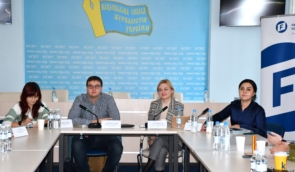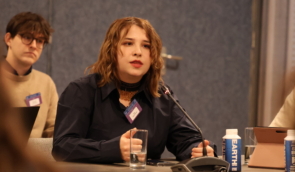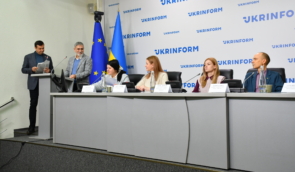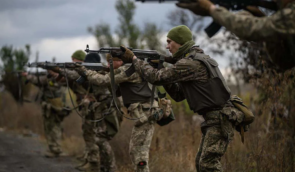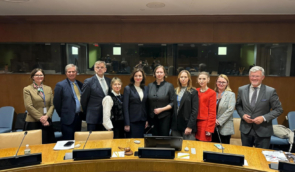“Criminals” and “traitors”: who the state suspects and how it punishes collaborationism
On July 30, 2024, at 10:00 CEST, the Ukrainian Crisis Media Center (Kyiv, Khreshchatyk Street, 2) will host a press conference “‘Criminals’ and ‘traitors’: who the state suspects and how it punishes collaborationism”, during this event Human Rights Center ZMINA will present the relevant report.
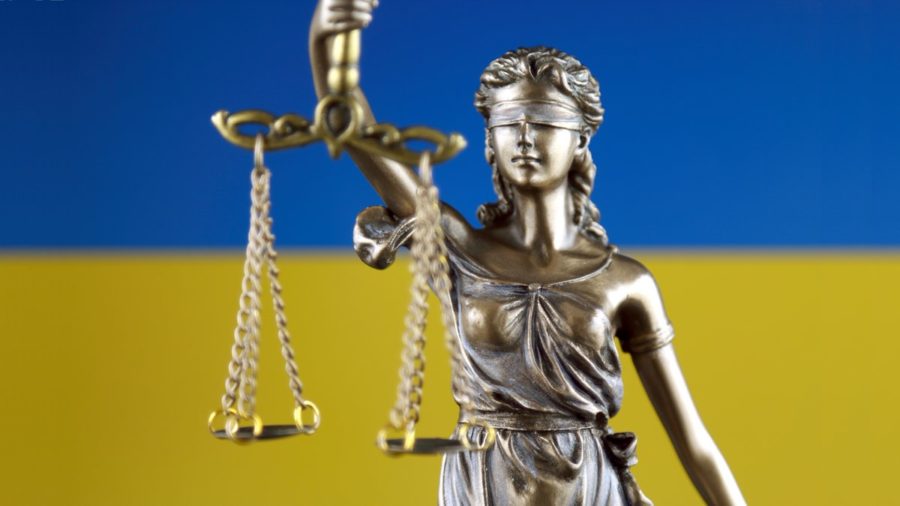
After the start of the full-scale war, Ukraine sought to prevent citizens from collaborating with the enemy. In March 2022, the Parliament added Articles 111-1 (“Collaborative activity”) and 111-2 (“Aiding the aggressor state”) to the Criminal Code. Despite the importance of these articles, practice shows that they have shortcomings that affect the effectiveness of punishment for collaboration with the enemy.
Human Rights Center ZMINA analyzed how the state prosecutes collaborators and what initiatives are being taken to improve legislation. In addition, analysts studied the opinions of residents of de-occupied and still occupied communities about who should be considered a collaborator and how the state’s practice of punishment meets their expectations.
In addition, the researchers studied how the Ukrainian media and state authorities write about collaborators and suspected collaborators and whether they respect the presumption of innocence.
The results of the report will be presented by:
- Onysiia Syniuk, the legal analyst of Human Rights Center ZMINA
- Maksym Yelihulashvili, expert of the Institute for Peace and Common Ground, co-author of the report
- Veronika Volkovynska, the head of the Customer Service Department at Semantrum
- Inna Vyshnevska, the researcher at the Research Laboratory of the Lviv State University of Internal Affairs, ZMINA expert
The press conference will be broadcast online on the Facebook pages of ZMINA and UCMC, as well as on UCMC’s YouTube channels in Ukrainian and English.
To participate in the event, please register here.
This event is supported by the Partnership Fund for a Resilient Ukraine (PFRU), funded by aid from the governments of Canada, Finland, the Netherlands, Sweden, Switzerland, the United Kingdom, and the United States.
If you have found a spelling error, please, notify us by selecting that text and pressing Ctrl+Enter.

